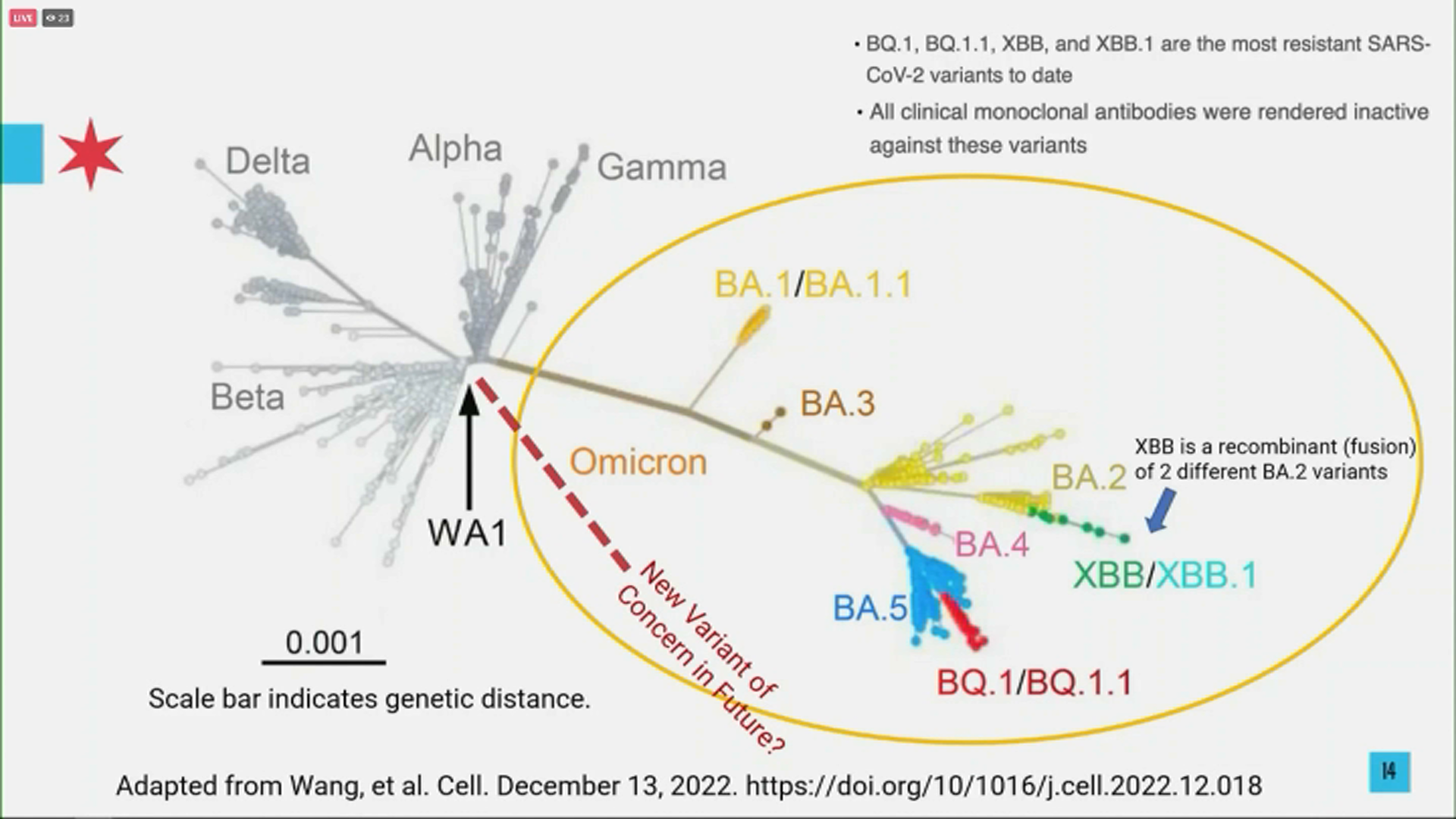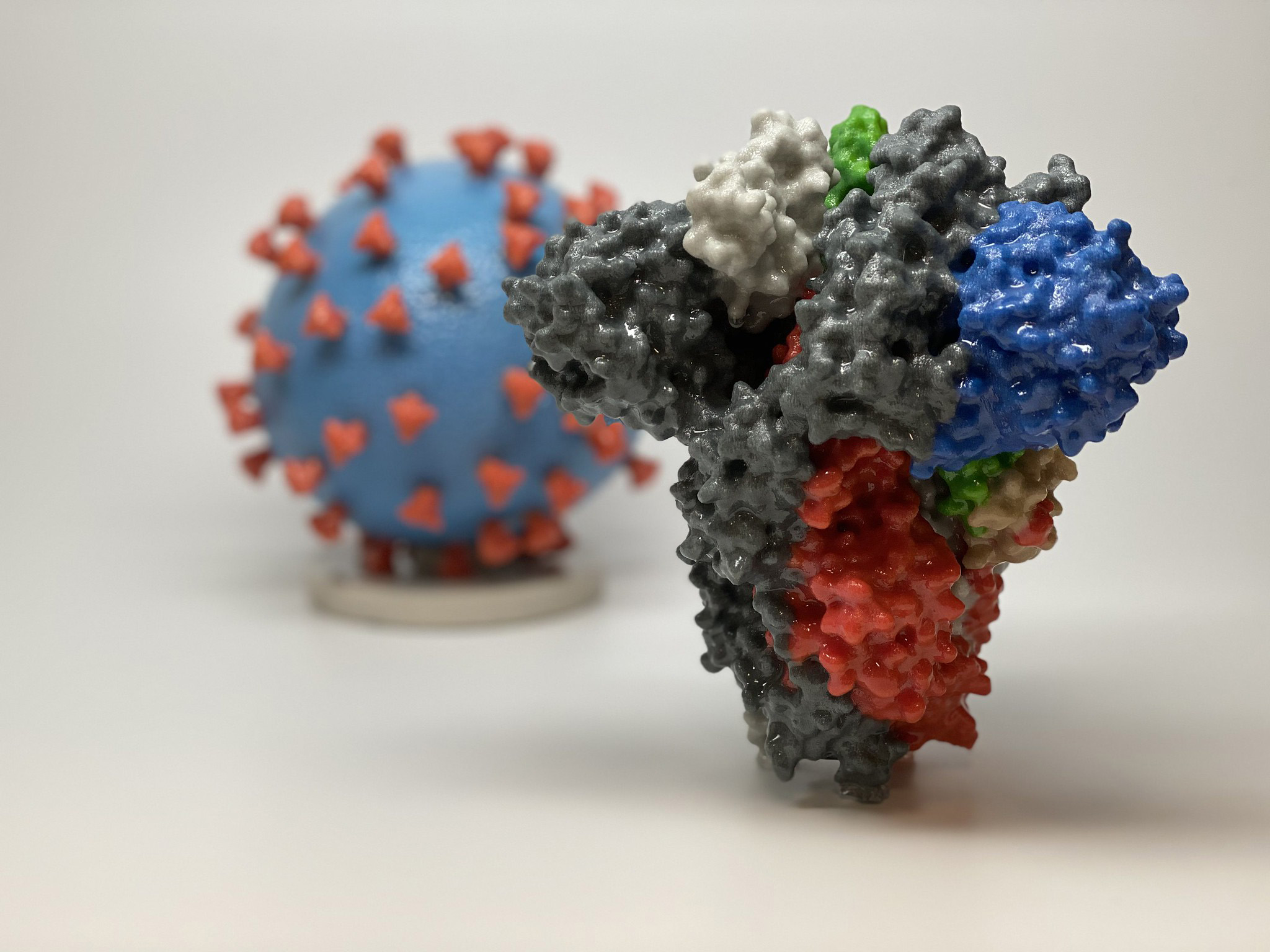Key Takeaways
– The JN 1 COVID variant is a newly identified strain of the coronavirus.
– It has unique mutations that may affect transmission and vaccine efficacy.
– Monitoring and research are ongoing to understand its impact on public health.
– Staying informed and following health guidelines remain crucial.
Introduction
The emergence of new COVID-19 variants continues to challenge global health systems and public understanding. Among these, the JN 1 COVID variant has recently garnered attention due to its distinct mutations and potential implications for transmission and vaccine effectiveness. This article aims to provide a comprehensive overview of the JN 1 variant, offering insights into its characteristics, impact, and what it means for the ongoing fight against the pandemic.
What is the JN 1 COVID Variant?
Characteristics and Mutations
The JN 1 COVID variant is a novel strain of the SARS-CoV-2 virus, which causes COVID-19. Like other variants, it is characterized by specific mutations in its genetic code. These mutations can occur in various parts of the virus, including the spike protein, which plays a crucial role in the virus’s ability to infect human cells.
Origin and Spread
While the exact origin of the JN 1 variant is still under investigation, early reports suggest it may have emerged in regions with high transmission rates. The spread of this variant is being closely monitored by health authorities worldwide, as understanding its geographical distribution is key to controlling its impact.
Potential Impact on Transmission and Severity
Increased Transmission Rate?
One of the primary concerns with any new variant is its transmissibility. Preliminary data on the JN 1 variant suggests it may have a higher transmission rate compared to earlier strains. This could be due to mutations that enhance the virus’s ability to bind to human cells or evade the immune response.
Severity of Illness

While increased transmissibility is a concern, the severity of illness caused by the JN 1 variant is another critical factor. Current evidence is inconclusive, with some reports indicating similar symptoms to previous strains, while others suggest a potential for more severe outcomes. Ongoing research is essential to clarify these findings.
Vaccine Efficacy and the JN 1 Variant
Impact on Current Vaccines
Vaccines have been a pivotal tool in controlling the COVID-19 pandemic. However, the emergence of new variants like JN 1 raises questions about their continued effectiveness. Some mutations in the JN 1 variant may reduce the neutralizing ability of antibodies generated by vaccines, potentially impacting their efficacy.
Adaptation and Booster Shots
In response to such challenges, vaccine manufacturers are exploring the development of updated vaccines or booster shots tailored to new variants. These efforts aim to enhance protection against evolving strains and ensure long-term immunity.
Global Response and Monitoring
Surveillance Efforts

Global health organizations are intensifying surveillance efforts to track the spread of the JN 1 variant. This includes genomic sequencing to identify mutations and assess their impact on public health measures.
Public Health Guidelines
In light of the JN 1 variant, public health guidelines remain a cornerstone of pandemic control. Measures such as wearing masks, maintaining social distance, and practicing good hygiene are vital to reducing transmission and protecting vulnerable populations.
What Can You Do?

Stay Informed
Keeping abreast of the latest developments regarding the JN 1 variant is crucial. Reliable sources of information, including health departments and reputable news outlets, can provide updates and guidance.
Follow Health Protocols
Adhering to recommended health protocols is essential. Vaccination, mask-wearing, and social distancing are proven strategies to mitigate the spread of COVID-19 and its variants.
Support Research and Vaccination Efforts
Supporting ongoing research and vaccination campaigns can help accelerate the development of effective solutions to combat the JN 1 variant and future strains. Public cooperation is vital in these efforts.
The emergence of the JN 1 COVID variant underscores the dynamic nature of the pandemic and the importance of vigilance. While its full impact is still being understood, the global community must remain proactive in monitoring, research, and public health response. By staying informed and following health guidelines, individuals can contribute to the collective effort to overcome this new challenge and protect public health.